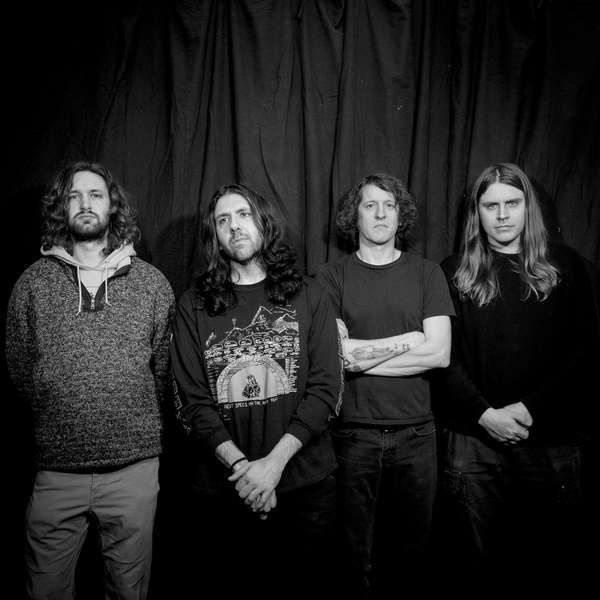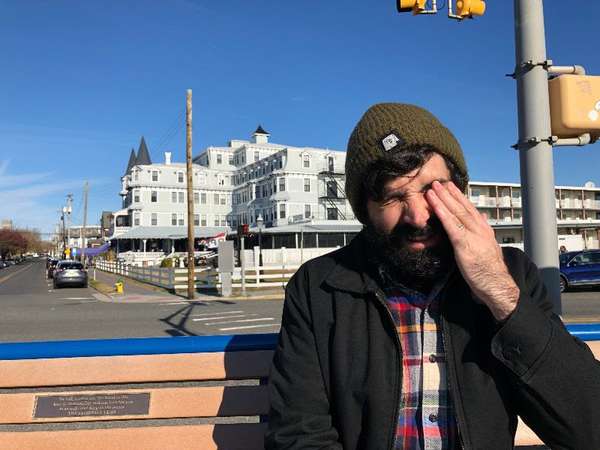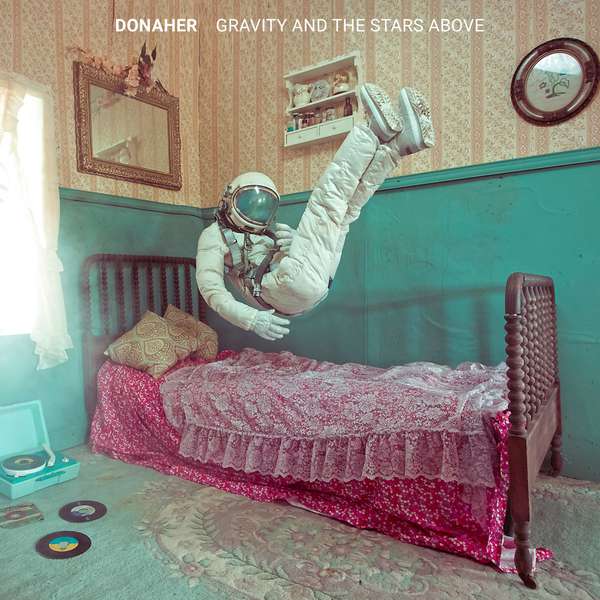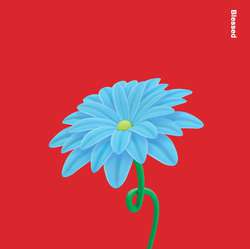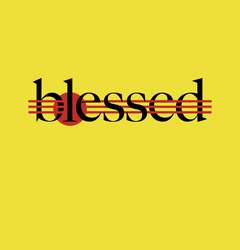Drew Riekman (Blessed – guitar/vocals)
SPB: What is your favorite 1990s artist?
Drew: When I received the email, the first question I asked myself was “Is this the favourite 1990's artist in relation to myself, or in relation to our band?” I settled on selecting someone that relates more to the band than how I personally feel. Even though it's probably the easiest and most bland answer anyone under the umbrella of “Post-Hardcore” can give; the answer is Fugazi. I know I'm using a loophole because they also existed two years in the ‘80s and two years into the 2000's, but I hope it's justified as they spent the bulk of their existence in the ‘90s.
The breadth of music that their discography touches on is inspiring. It's served as a reminder that when we're writing there's no wrong answers, and that songs are what we, as the artists/creators, determine them to be. It's easy to get caught up in asking yourself about flow – “does this part make sense here? Is this dynamic change too weird or abrupt?” It's great to have a band you can look to, who took risks and made interesting decisions -- always with amazing results in my opinion. It's subjective, but all the different dynamics, timing, and structures always made the song more interesting and enjoyable for me.
They're also one of the first bands, besides local and Western Canadian bands, that helped us realize it was possible to make things happen on your own terms. As teenagers, two of our members were fortunate enough to have Edmonton (Northern Canadian city) band Cope (https://walkingthepath.bandcamp.com) take our first band on its first self-booked tour. The idea that you didn't have to wait around for booking agents to tour, for labels to release your music, or for managers to help connect you to like-minded people was one of the best lessons teenagers making weird hardcore music could learn. Because those opportunities almost certainly never would have come to us where we live, in Abbotsford, BC. But those ideals and work ethic, derived from Fugazi and bands of the same ilk, helped us persevere and work towards making things happen for ourselves, which lead us to the still growing, amazing DIY community we've been so lucky to inhabit.
There are so many other bands and people that deserve the title of Favourite or Most Important, there really isn't just one. But as far as ‘90s artists, it's hard to ignore the building blocks that Fugazi gives to bands.
Okkyung Lee
SPB: You have a classical background in your musical upbringing, but moved further and further into the experimental scene when you moved to the US. What was it that pulled you towards this scene, and what is the allure of a freer musical form?
Okkyung: It was about finding the very personal voice within the instrument, cello in my case.
I never fully felt comfortable or connected playing only classical or jazz standards because it was not my very own...then, when I began to improvise and write more original pieces, I just felt this immense sense of freedom along with strong desire to go deeper and deeper... Meanwhile, I am constantly aware of how having that background in classical training from early on provided me a great foundation to build on.
The biggest allure in playing in freer form is that actually it's not free at all and rather you need to utilize every little piece of knowledge and experience you've gathered in order to make improvisation something meaningful... Also, playing with others who will challenge me to come up with musical responses that make sense to me is another big attraction... but then of course sometimes it's just fun to play...
Kyle (Geometers)
SPB: What’s the most recent “grower” record you picked up that took a while to click?
Kyle: "Prey," the latest from Planes Mistaken for Stars. It's one of those records that feels so dense on the first play through but keeps rewarding over repeat listens. Sonically, the songs tend to bleed into each other (brilliantly so, as I've come to realize) which made it hard to sink the hooks. I remember being in a sort of trance the first time I got through it -- "Wait, that's it? But that was only,like 3 songs, right?" A real time-traveling record.
After a while though, the nuance starts to reveal itself. Tracks like "She Who Steps" and "Black Rabbit" have this almost Lynchian vibe about them that starts creeping in after a while. There's something so sinister about the record as a whole, really. It tells a different story each time. It sticks with you. I just wish it were longer!

